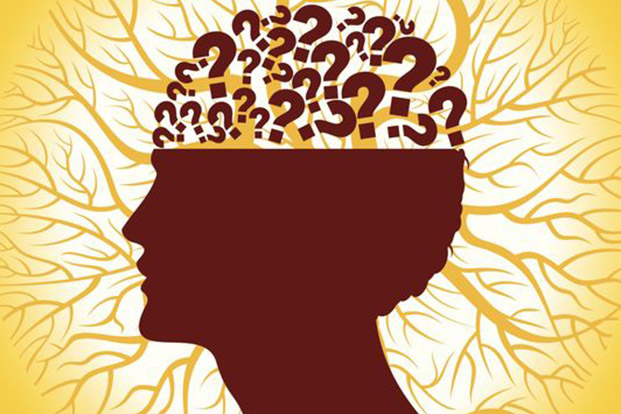Dementia : Use your brain or you will lose it
Apr 19, 2022
Dementia is a disease of the old age characterized by progressive decline in memory, language, learning, judgment, forgetting learnt skills, etc. Along with this there is a significant change in behavior and personality. More than 4.1 million Indians have been estimated to be suffering from dementia. The number would double by 2030 and would become threefold by 2050. It should be noted that Dementia is age related or can be associated with a neurological disorder such as Alzheimer’s.
The approximate cost for caring for a person with dementia is Rs 43000/-. It is likely to increase by 2% annually.
We are sitting on a ‘Time Bomb’:
The prevalence of dementia is expected to double every 5 years. According to recent reports by United Nations, India is facing an elderly population explosion; we are just sitting on a time bomb. The real impact of the disease occurs due to changes in cognition and behavior. Due to the same, the day to day activities get affected and the person becomes dependent on the spouse or the care giver.
Dementia is difficult to handle:
However, since dementia is a progressive illness, patient may refuse to cooperate, not eat, run out of the house or loose his/her way. Many hallucinate or have delusions. They may not sleep at night, prefer pacing up and down, and may become socially inhibited. It takes a lot of patience and care to handle a dementia patient.
Dementia impact has three inter related levels:
Dementia is a complicated disease that affects not just the patient but also the ones around. It has 3 impact points.
Patient: Experiences health disability impaired quality of life (QOL) and decreased life span.
Family: Is affected entirely with the burden of the disease and QOL.
Society: Directly and indirectly with cost of care, support and loss of productivity.

Being a Caregiver is not easy:
Gradually the person with dementia becomes more and more dependent on the care giver. Thus the burden of the disease increases day by day. The care giver in turn may become depressed, agitated and may have physical problems. Any different attitude of the caregiver towards the patient can lead to an inhuman and a complicated impact. The ideal aim is to be compassionate and give due dignity and respect to the patient, no matter in what mental state he or she may be.
Because of dehumanization the physical and emotional needs of the person with disability may be ignored or not fully taken care. The patient with disability may have incidental illness like heart disease, pneumonia, prostate enlargement (in males), diabetes etc.
Whether to treat the incidental illusion accordingly is a crucial decision to be taken by the care giver or the family that may be delayed or stalled.
Awareness & precaution in essential:
There is a need to be aware about this disease called dementia. All efforts should be there to prevent it or retard the progression of the disease. Age of course is a non modifiable rise factor. Nearly two third of India’s 100 million , who are more than 60yrs of age, suffer from a chronic ailment . As one ages , he or she should keep on trying to learn new skills. It is essential to challenge the brain and have a positive approach. Being socially and physically active will keep dementia at bay.
Besides appropriate medication for dementia and the associated behavioral aberrations, providing a familiar environment, pleasant stimulating activities, following set routines, group activities, exercising goes a long way in the management of dementia.
The slogan for the elderly is “Use your brain or you will lose it”.
So keep using and challenging the brain and learn new skills.









